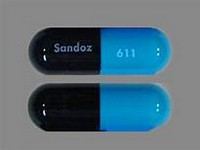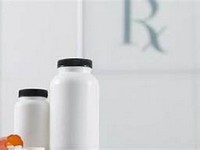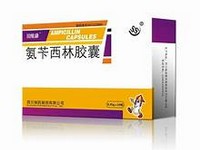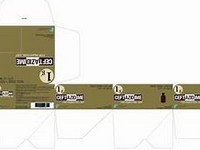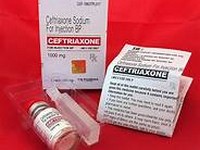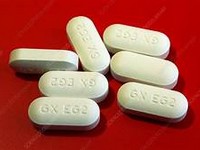Paricalcitol

CLINICAL USE
Vitamin D analogue:Treatment and prevention of secondary hyperparathyroidism associated with chronic renal failureDOSE IN NORMAL RENAL FUNCTION
IV: Give dose every other day or post dialysis; dose is dependent on PTH levels. See SPC for detailsOral: 1–4 mcg either daily or 3×/week according to PTH levelsPHARMACOKINETICS
DOSE IN RENAL IMPAIRMENT
GFR (mL/MIN)
DOSE IN PATIENTS UNDERGOING RENAL REPLACEMENT THERAPIES
IMPORTANT DRUG INTERACTIONS
Potentially hazardous interactions with other drugsADMINISTRATION
Reconstition
–Route
IV, oralRate of Administration
Not less than 30 secondsComments
–OTHER INFORMATION
Monitor calcium and phosphate levels at least monthly, more frequently during dose titrationParicalcitol solution for injection contains 30% v/v of propyleneglycol as an excipient. Isolated cases of central nervous system depression, haemolysis, and lactic acidosis have been reported as toxic effect associated with propyleneglycol administration at high doses. Although they are not expected to be found with paricalcitol administration (as propyleneglycol is eliminated during the dialysis process), the risk of toxic effect in overdosing situations has to be taken into accountParicalcitol injection contains 20% v/v of ethanol (alcohol). Each dose may contain up to 1.3 g ethanol. Harmful for those suffering from alcoholism.
See how to identify renal failure stages according to GFR calculation
See how to diagnose irreversible renal disease
Home

